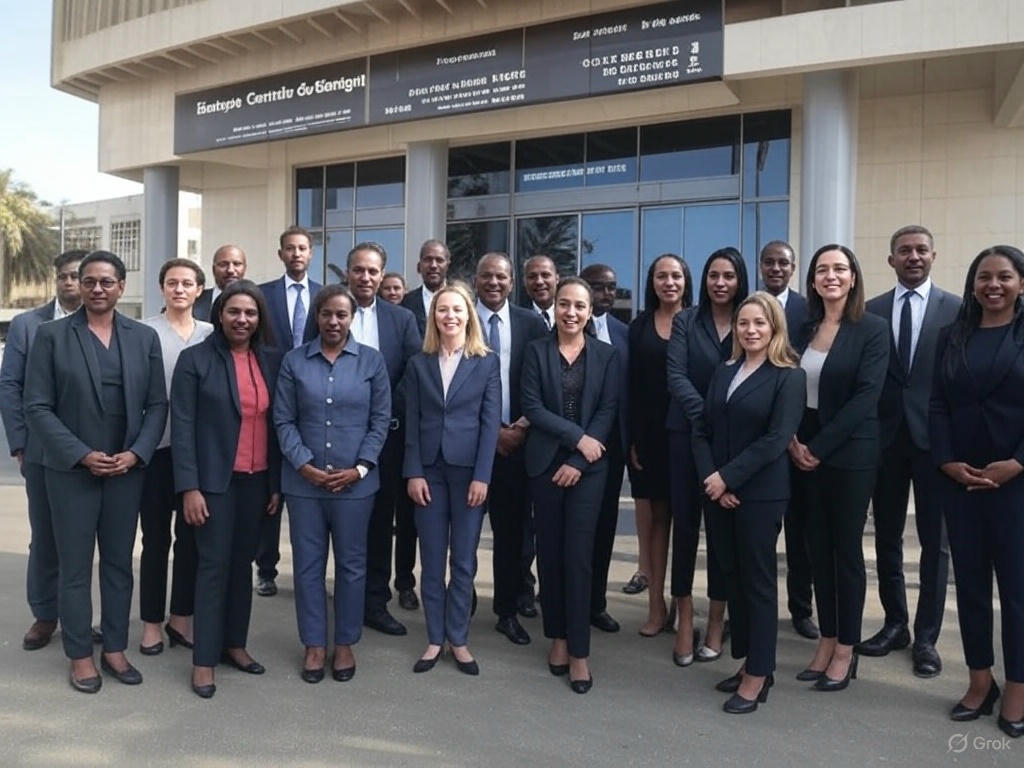Washington, DC – February 18, 2025 – An International Monetary Fund (IMF) mission, led by Ms. Piyaporn Sodsriwiboon, visited Malé from February 3 to 16, 2025, to assess economic developments, outlook, and policy priorities under the 2025 Article IV consultation.
Ms. Sodsriwiboon stated:
“Maldives’ strong tourism sector supports resilient growth, with real GDP projected at 5% in 2025. The airport expansion will ease supply constraints, sustaining medium-term growth. Inflation is expected to rise to 2.3% due to higher import duties, with downside risks persisting.
“External vulnerabilities remain, with a large current account deficit and foreign reserve pressures. Persistent fiscal deficits and high public debt demand urgent policy adjustments. Climate change risks further challenge economic stability.
“The Maldives is advancing fiscal reforms, ending Maldives Monetary Authority (MMA) advances, and enacting the Fiscal Responsibility and Public Debt Management Acts. Implementing 2025 Budget expenditure reforms is key to restoring stability.
“Stronger fiscal consolidation is needed. Spending rationalization should curb excess costs while protecting social programs. Subsidy reforms, reprioritizing public investments, and continuing SOE and healthcare reforms are essential. Strengthening financial frameworks will enhance fiscal credibility, while a debt strategy is critical for sustainability.

“External vulnerabilities remain, amid a persistently large current account deficit and pressures on foreign exchange reserves. The overall fiscal deficits and public debt are projected to stay elevated, calling for urgent policy adjustment. Over the medium term, the Maldives is highly vulnerable to climate change risks, due to sea level risk, floods and the degradation of its natural capital.
“A coordinated policy approach is vital. MMA’s active monetary operations are welcome, and further tightening may be required. Macroeconomic stability hinges on tighter macroprudential policies, vigilant financial oversight, and prudent reserve management to sustain the exchange rate peg.
“Addressing climate risks in public finance is crucial for mobilizing climate funding. Structural reforms in governance, business climate, trade, and workforce development remain key to sustained growth.
“The IMF team thanks Maldivian authorities for their hospitality and productive discussions with Finance Minister M. Zameer, Governor A. Munawar, senior officials, private sector representatives, and development partners.”




